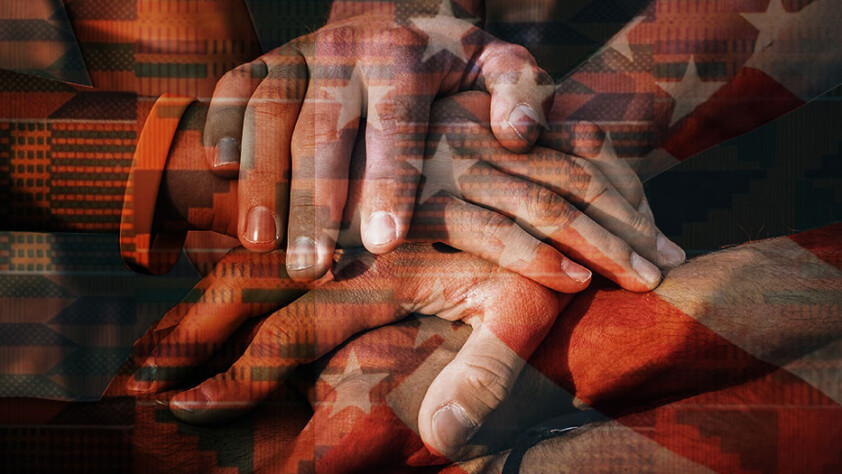DAY-4 IMPACT OF THE BLACK PREACHER ON OUR NATION
From the time that Black people arrived in America, they were in need of a savior. Whether or not Africans living in Africa had heard of or experienced Christianity during the time of the middle passage is a mystery. Of course, there are speculations and hypotheses, but, for the most part, that’s all it is. Many scholars suggest that Jesus and the Jewish people depicted in the Hebrew Bible were, in fact, African–while others were more determined to represent Jesus Christ with blue eyes and pale skin. Either way, the story and the message that Jesus Christ epitomized provided the hope needed to overcome the horrific forms of oppression that Black people endured.
When you stop to consider the immense language barrier between the various African tribal dialects, and the lack of exposure to English, it’s extraordinary how the tenets of Christianity were espoused and integrated into a way of life for Black people. However, 400 years is a long time.
Initially, Christianity presented itself as a distraction but later began to invade their spirits and liberate their souls. Spiritual Hymns served as messages that could provide information to those escaping their shackles bound for freedom. Once fully embraced, Black preachers became leaders and community activists lobbying for the country that took so much from their people to live up to the espoused values. From Harriett Tubman to Martin Luther King Jr., most of the central people who moved this fight forward were ministers of the Gospel. Black preachers have inspired their people to fight the good fight, to be the good Samaritan, to keep their heads up, and to exercise faith in the face of insurmountable odds. Their unique and passionate delivery styles and inspiring messages became the beacon of light that moved our nation forward. We salute these individuals whose faith in God never wavered despite the many setbacks they faced. We celebrate their efforts with the famous quote from Jessie Jackson.
“Keep Hope Alive”
King used a prophetic voice in his preaching – the hopeful voice that begins in prayer and attends to human tragedy.
Kenyatta R. Gilbert
Professor of Homiletics, Howard University School of Divinity
The name Martin Luther King Jr. is iconic in the United States. President Barack Obama mentioned King in both his Democratic National Convention nomination acceptance and victory speeches in 2008, when he said,
Indeed, much of King’s legacy lives on in such arresting oral performances. They made him a global figure.
King’s preaching used the power of language to interpret the gospel in the context of Black misery and Christian hope. He directed people to life-giving resources and spoke provocatively of a present and active divine interventionist who summons preachers to name reality in places where pain, oppression and neglect abound. In other words, King used a prophetic voice in his preaching – the hopeful voice that begins in prayer and attends to human tragedy. It was through Kings organized protests in Selma that led to the Voting Rights Act of 1965
Barack Obama was sworn in as the first Black president of the United States on January 20, 2009. Obama’s inauguration set an attendance record, with 1.8 million people gathering in the cold to witness it. Obama was sworn in by Chief Justice John Roberts Jr. with the same Bible President Abraham Lincoln used at his first inaugural.
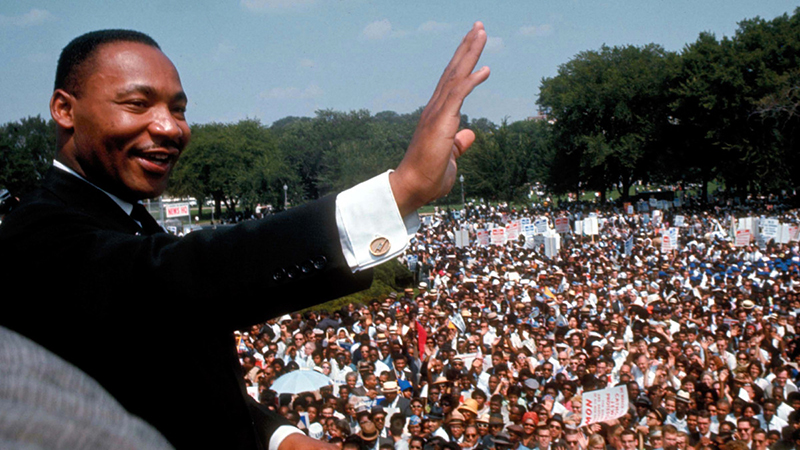
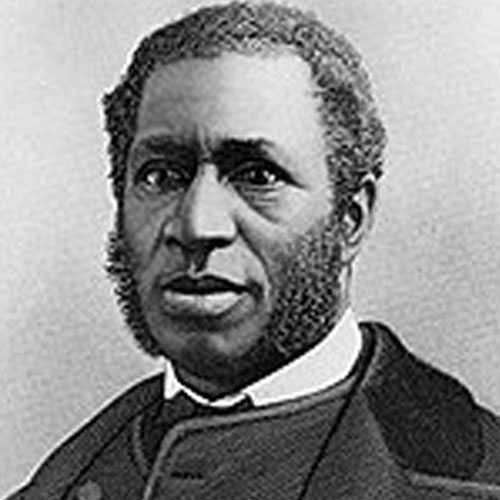
Richard Harvey Cain 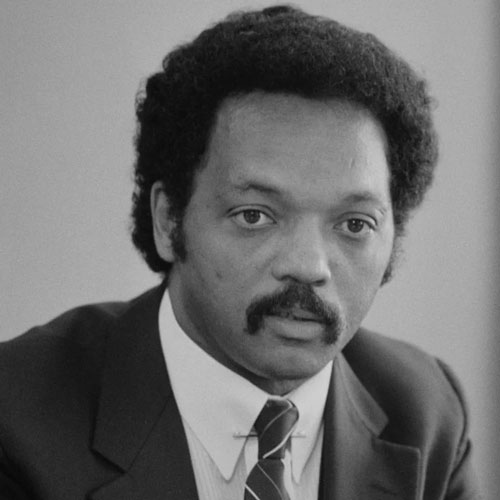
Jessie Jackson
RICHARD HARVEY CAIN AND JESSIE JACKSON
Born into freedom, Richard Cain was a pastor, a newspaper editor, and an entrepreneur, making his mark as a writer and a land speculator before being elected to the U.S. House for two nonconsecutive terms. During the 43rd Congress (1873–1875), Cain used his considerable oratorical skills and wit to defend the education clause in the Civil Rights Bill of 1875. He displayed a rich sense of humor, mocking southern white Representatives who pronounced African Americans incapable of learning. Addressing Representative William Robbins of North Carolina, Cain retorted, “The gentleman … states that the Negro race is the world’s stage actor—the comic dancer all over the land; that he laughs and he dances…. Now he dances as an African; then he crouched as a slave.”1 Amid deteriorating conditions for southern blacks at the end of Reconstruction, Cain promoted African–American immigration to the West African colony of Liberia in the 45th Congress (1877–1879).
Jesse Jackson (1941–) civil rights leader and two-time Democratic presidential candidate became one of the most influential African-Americans of the late 20th century. He rose to prominence working within Martin Luther King Jr.’s Southern Christian Leadership Conference (SCLC) and was at the Memphis hotel with King when he was assassinated. Through PUSH, the organization he founded in 1971, Jackson pressed for broader employment opportunities for African-Americans. During the 1980s and 1990s he negotiated the release of dozens of international hostages and prisoners. In his 1984 and 1988 presidential campaigns, Jackson won 16 state contests and millions of votes, making him the first viable African-American candidate for president.
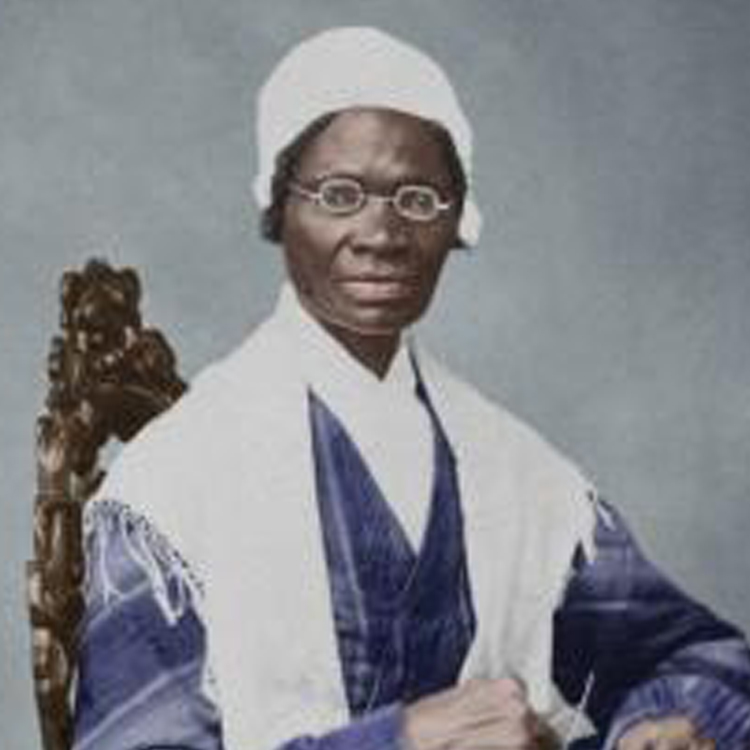
Sojouner Truth 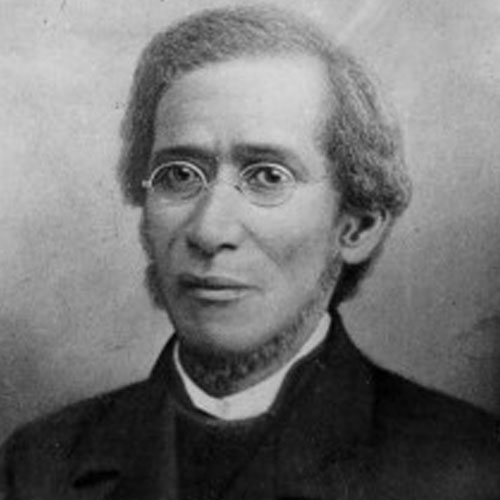
Daniel A. Payne
SOJOUNER TRUTH AND DANIEL ALEXANDER PAYNE
A former slave, Sojourner Truth became an outspoken advocate for abolition, temperance, and civil and women’s rights in the nineteenth century. Her Civil War work earned her an invitation to meet President Abraham Lincoln in 1864.
Truth was born Isabella Bomfree, a slave in Dutch-speaking Ulster County, New York in 1797. She was bought and sold four times, and subjected to harsh physical labor and violent punishments. In her teens, she was united with another slave with whom she had five children, beginning in 1815. In 1827—a year before New York’s law freeing slaves was to take effect—Truth ran away with her infant Sophia to a nearby abolitionist family, the Van Wageners. The family bought her freedom for twenty dollars and helped Truth successfully sue for the return of her five-year-old-son Peter, who was illegally sold into slavery in Alabama.
Truth moved to New York City in 1828, where she worked for a local minister. By the early 1830s, she participated in the religious revivals that were sweeping the state and became a charismatic speaker. In 1843, she declared that the Spirit called on her to preach the truth, renaming herself Sojourner Truth.
Born on February 24, 1811 to free Black parents London and Martha Payne in Charleston South Carolina, Daniel Alexander Payne would become a Bishop in the African Methodist Episcopal (A.M.E.) Church, President of Wilberforce University, abolitionist, educator, and historian. When Payne was four his father passed away. His mother died when he was nine. Payne was raised by his great aunt, Sarah Bordeaux, after their passing.
Daniel Payne studied at the Minors’ Moralist Society School for two years, and then was privately tutored by Mr. Thomas S. Bonneau. Payne went to work at age twelve to a shoe-merchant, as a carpenter at thirteen, and then as a tailor, finally entering the teaching profession and opening a school for Black children in 1829, when only nineteen years of age. In 1835, South Carolina passed bill No. 2639: An Act to Amend the Law relating to slaves and Free Persons of Color which forced Payne to close his school.
After his school was closed, Payne left for the North where he enrolled in the Lutheran Theological Seminary in Gettysburg, Pennsylvania studying there from 1835 to 1837. In 1837 he joined the Franklin Synod of the Lutheran Church, and was ordained as the first African American minister in the Lutheran Church in Fordsboro, New York in 1839. At his ordination he delivered a speech, Slavery Brutalizes Man, in support of a synodical report to end slavery in America.
PROMINENT PASTORS OF THE NEW ERA
building a lasting legacy for the future
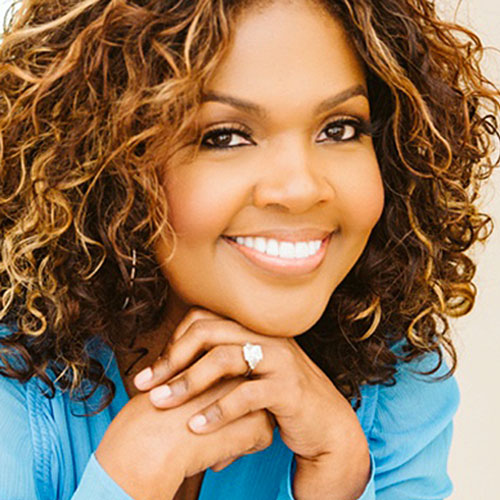
CeCe Winans Cofounder and Pastor of Nashville Life Christian Church, Nashville Tennessee
>Read More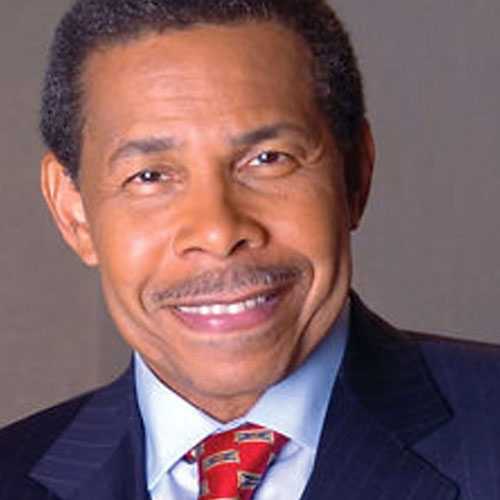
Bill Winston founder and Senior Pastor of Living Word Christian Center, Forest Park, Illinois
>Read More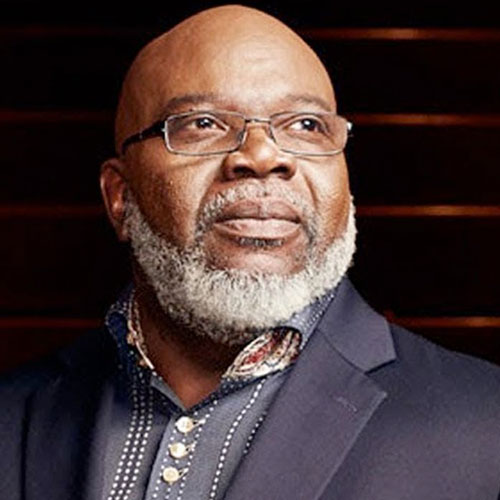
Bishop T.D. Jakes Sr. Pastor of The Potter’s House Church, Dallas, Texas
>Read More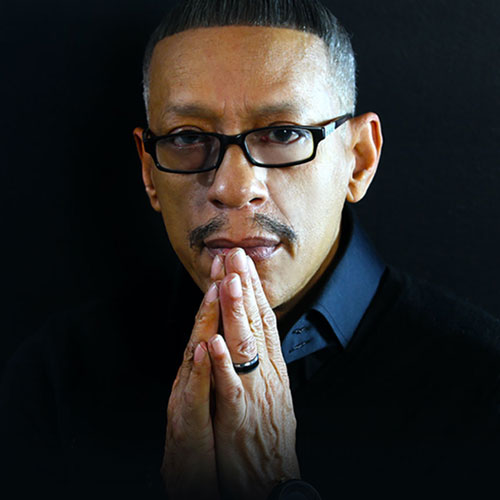
Bishop Donald O. Clay Jr. Founder and Sr. Pastor of Petra International Ministries, Pittsburgh PA
>Read More
TRUE HIDDEN FIGURES – BLACK WOMEN EVANGELISTS AND PROPHETS OF THE RECONSTRUCTION ERA
For centuries now, the Holy Bible has been used to suppress women’s voices. These early female black preachers reinterpreted the Bible to liberate women.
Truth, for example, is most remembered for her captivating topical sermon “Ar’nt I A Woman?,” delivered at the Woman’s Rights National Convention on May 29, 1851 in Akron, Ohio.
In a skillful historical interpretation of the scriptures, in her convention address, Truth used the Bible to liberate and set the record straight about women’s rights. She professed:
“Then that little man in black there, he says women can’t have as much rights as men, because Christ wasn’t a woman! Well, Where did your Christ come from? From God and a woman! Man had nothing to do with Him.”
SOJOURNER TRUTH
The first woman to achieve this validation was Julia A. J. Foote. In 1884, she became the first woman ordained a deacon in the African Methodist Episcopal Zion AMEZ Church. Shortly after followed the ordinations of AME evangelist Harriet A. Baker, who in 1889 was perhaps the first black woman to receive a pastoral appointment. Mary J. Small became the first woman to achieve “elder ordination” status, which permitted her to preach, teach and administer the sacraments and Holy Communion. Like Truth, Jarena Lee spoke truth to power and paved the way for other mid- to late 19th-century black female preachers to achieve validation as pulpit leaders, although neither she nor Truth received official clerical appointments.
Historian Bettye Collier-Thomas maintains that the goal for most black women seeking ordination in the late 19th and early 20th centuries was simply a matter of gender inclusion, not necessarily pursuing the need to transform the patriarchal church.
Preaching justice
An important voice was that of Rev. Florence Spearing Randolph. In her role as reformer, suffragist, evangelist and pastor, she daringly advanced the cause of freedom and justice within the churches she served and even beyond during the period of the Great Migration of 20th century.
In my book, “A Pursued Justice: Black Preaching from the Great Migration to Civil Rights,” I trace the clerical legacy of Rev. Randolph and describe how her prophetic sermons spoke to the spiritual, social and industrial conditions of her African-American listeners before and during the largest internal migration in the United States.
In her sermons she brought criticism to the broken promises of American democracy, the deceptive ideology of black inferiority and other chronic injustices.
Randolph’s sermon “If I Were White,” preached on Race Relations Sunday, Feb. 1, 1941, reminded her listeners of their self-worth. It emphasized that America’s whites who claim to be defending democracy in wartime have an obligation to all American citizens.
Randolph spoke in concrete language. She argued that the refusal of whites to act justly toward blacks, domestically and abroad, embraced sin rather than Christ. That, she said, revealed a realistic picture of America’s race problem.
She also spoke about gender discrimination. Randolph’s carefully crafted sermon in 1909 “Antipathy to Women Preachers,” for example, highlights several heroic women in the Bible. From her interpretation of their scriptural legacy, she argued that gender discrimination in Christian pulpits illustrated a misreading of scripture.
Randolph used her position as preacher to effect social change. She was a member and organizer for the Woman’s Christian Temperance Union (WCTU), which led in the work to pass the 18th Amendment, which made prohibition of the production, sale and transport of alcoholic beverages illegal in the United States. Her affiliation with the WCTU earned her the title “militant herald of temperance and righteousness.”
Today, several respected African-American women preachers and teachers of preachers proudly stand on Lee’s, Small’s and Randolph’s shoulders raising their prophetic voices.
Kenyatta R. Gilbert is an Associate Professor of Homiletics at Howard University.
Content provided courtesy of History.com, Britannica.com and Wikipedia, Tennessean.com Blackpast.com and Scalawagmagazine.org. All Rights Reserved.


